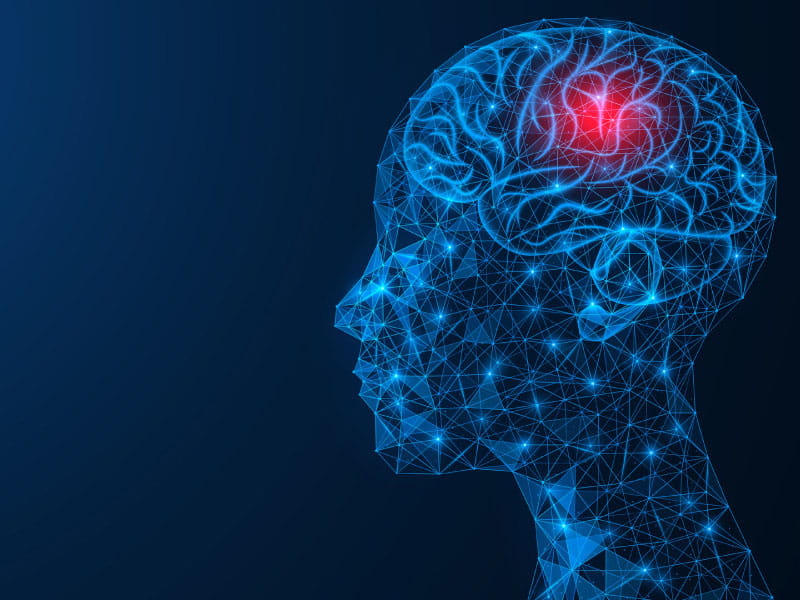The severity of depressive symptoms over time may help predict stroke risk
By Thor Christensen, American Heart Association News

People who consistently have higher depressive symptoms may be at higher risk for a stroke, according to new research. But stroke risk did not increase in those with decreasing severity of symptoms over time, even if they had high depressive symptoms early on.
Past studies show a possible link between depression and the risk of stroke, which occurs when a blood vessel supplying the brain is either blocked by a clot or ruptures. Stroke is a leading cause of long-term disability and death worldwide, and it's the No. 5 cause of death in the United States.
However, past research primarily measured depressive symptoms at a single point in time. For the new study, published Monday in the American Heart Association journal Stroke, researchers tried to paint a broader picture by measuring symptoms repeatedly over an eight-year period. They used an eight-item scale that included questions about whether participants felt sad, lonely or had restless sleep, among others.
They studied existing data for 12,520 U.S. adults age 50 and older without a history of stroke in the Health and Retirement Study, an extensive ongoing research project looking at aging in America. Researchers assessed depressive symptoms that were available biennially from 1998 to 2004, for a total of four assessments.
Across 10 years of follow-up, people with a pattern of consistently high depressive symptoms – defined as three or more – had an 18% higher risk of stroke compared to those who consistently had low symptoms, defined as fewer than three. Fluctuating symptoms elevated stroke risk by 21%, and increasing symptoms heightened risk by 31%.
While that news didn't startle researchers, they were taken aback to find that individuals whose symptoms started out high but then decreased had about the same stroke risk as those with consistently low symptoms, according to the study's lead author, Yenee Soh.
"We were surprised because we thought having high depressive symptoms at any time point would give you elevated stroke risk," said Soh, a postdoctoral research fellow at Kaiser Permanente Northern California Division of Research in Oakland.
"But it's surprising in an optimistic way, because it suggests that improving depressive symptoms might be something we care about in relation to stroke prevention. It might be important for physicians to assess symptoms repeatedly across multiple visits," she said.
Soh said the findings may help bring attention to mental health and depression in the broader public. "If you're experiencing high depressive symptoms repeatedly, it's important to monitor whether it improves over time, because it might have a wider impact on your health."
Soh said further research is warranted on whether treatment for depression may improve stroke risk differently from natural remission, which researchers couldn't disentangle in the new study.
Dr. Hugo Aparicio, an assistant professor of neurology at Boston University School of Medicine, called it a "unique study that just goes to show that one measure in time might not be enough to understand the relationship between depression and stroke." He was not involved in the research.
But he said the study left many questions unanswered, including differences in the link between depression and stroke comparing younger and older people, and the nature of the relationship in those who've already had a stroke.
He called for future research to determine the best screening measures for midlife depression and to investigate whether improving healthy behaviors can lower stroke risk for people with depression.
"Stroke risk factors like (a lack of) physical activity, hypertension and diabetes often intersect and can be treated concurrently if someone is recognized as having depressive symptoms," Aparicio said.
American Heart Association News' mental health coverage is supported by Diane and Daniel Shimer. AHA News is solely responsible for all content and editorial decisions.
If you have questions or comments about this American Heart Association News story, please email [email protected].





